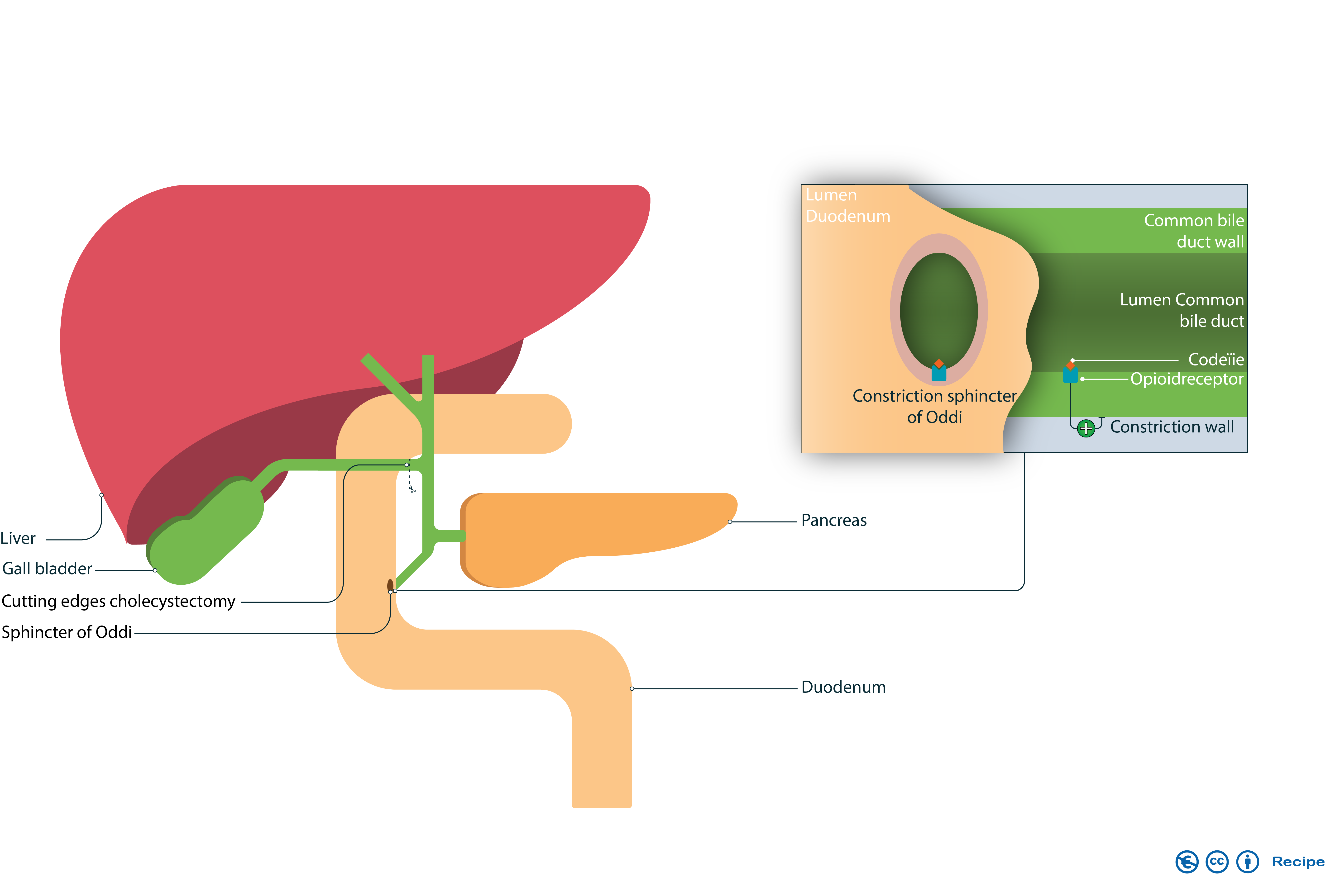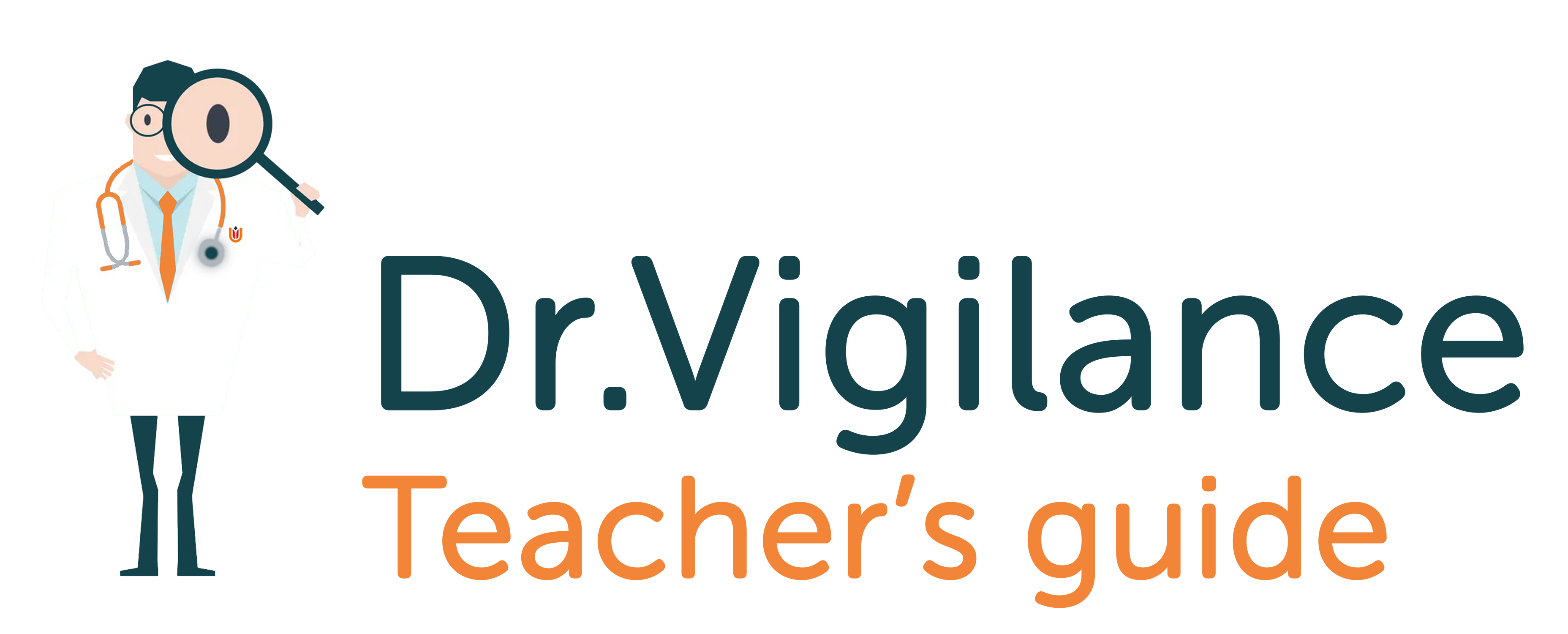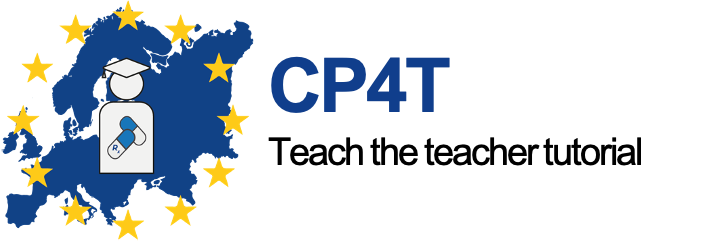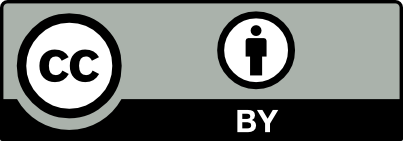Dr. Vigilance
Topic outline
-
-
As a teacher in clinical pharmacotherapy, we all want to educate our students with the most effective pharmacovigilance education as possible. Unfortunately, according to a recent review and web-based questionnaire, although we think we are providing our students with the best possible education, they still feel particularly unprepared for their prescribing and pharmacovigilance responsibilities and lack basic pharmacovigilance skills and knowledge. This can be attributed to the limited quantity and quality of pharmacovigilance teaching, if any, in current healthcare curricula. With the limited time available in overfull healthcare curricula, clinical pharmacology and pharmacovigilance educators should focus on spending their time most effectively to achieve their learning outcomes. This requires new and innovative teaching methods, such as maximally enriched context, providing real responsibility for authentic tasks, and collaborating in an interprofessional team. The Dr.Vigilance teaching guide, also discussed in this podcast, provides pharmacovigilance educators with high-quality, ready to use teaching resources on clinical pharmacovigilance, with a focus on pharmacovigilance activities in individual patient care.
-
-
-
Blueprints to start up an inter-professional student-run medication review programme focussed on detecting ADRs in an outpatient clinic.

-
-
-
Collection of short and informative educational videos on frequent adverse drug reactions. All videos are based on the latest scientific evidence and use a similar format focusing on prevalence, differential diagnosis, time-relationship, pharmacological mechanism and most common treatment options.

-
Collection of illustrations on the pharmacological mechanisms of frequent adverse drug reactions (ADRs).

Our latest illustration is of: Codein induced constriction of the sphincter of oddi.
-
-
Dr. Vigilance encourages all teachers in clinical pharmacology to include their ready to use clinical pharmacovigilance teaching resources on the Dr. Vigilance teaching education module. Please contact: dr. M. Reumerman by m.reumerman@amsterdamumc.nl.
-
-
-






 Last updated: May 7, 2023
Last updated: May 7, 2023 CC BY 4.0 - Amsterdam UMC
CC BY 4.0 - Amsterdam UMC